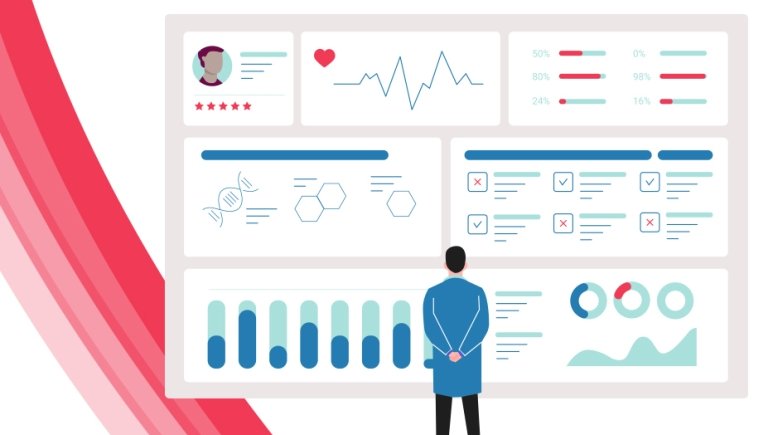All Insights
Exploring the science, practice, and business of medicine.
Exploring the science, practice, and business of medicine.
Showing 10 out of 56 Insights
Gearoid McMahon says a successful grant proposal tells a clear, compelling research story with focused aims, feasible methods, and a strong presentation.

“From developers to health care systems administrators, we all have a responsibility to ensure these tools serve everyone equitably.”

Before diving into a new research area, conducting an evidence synthesis is crucial to understanding existing literature and identifying gaps.

“AI is going to make us the most efficient version of ourselves, in terms of delivering health care more efficiently and managing the administrative side.”

"There’s a growing realization that physicians and surgeons are thrust into leadership roles without knowing anything or going through any training on how to be a good leader—and that’s a problem.”

Today, there are more women in health care leadership roles than ever before, yet their representation still lags behind their men counterparts as gender disparities persist in health care organizations around the world.

It’s important for health care professionals to educate themselves about new technological developments. Bhatnagar encourages these professionals to understand the cycles of innovation in healthcare technology to make smarter long-term decisions.

Whether you are working with a new team or have inherited a pre-existing one, it’s important to remember that the team dynamics that precede you will have a significant impact on your new role.

Clinicians today need strong critical thinking skills in order to properly diagnose and treat patients. That’s one reason why it is critical for educators to help medical students cultivate these skills early in their training.

Medical school educators now understand that teaching is, itself, a teachable skill that can be honed regardless of one’s background and level of expertise—and that the earlier trainees learn to teach, the more effective they will be as educators.
